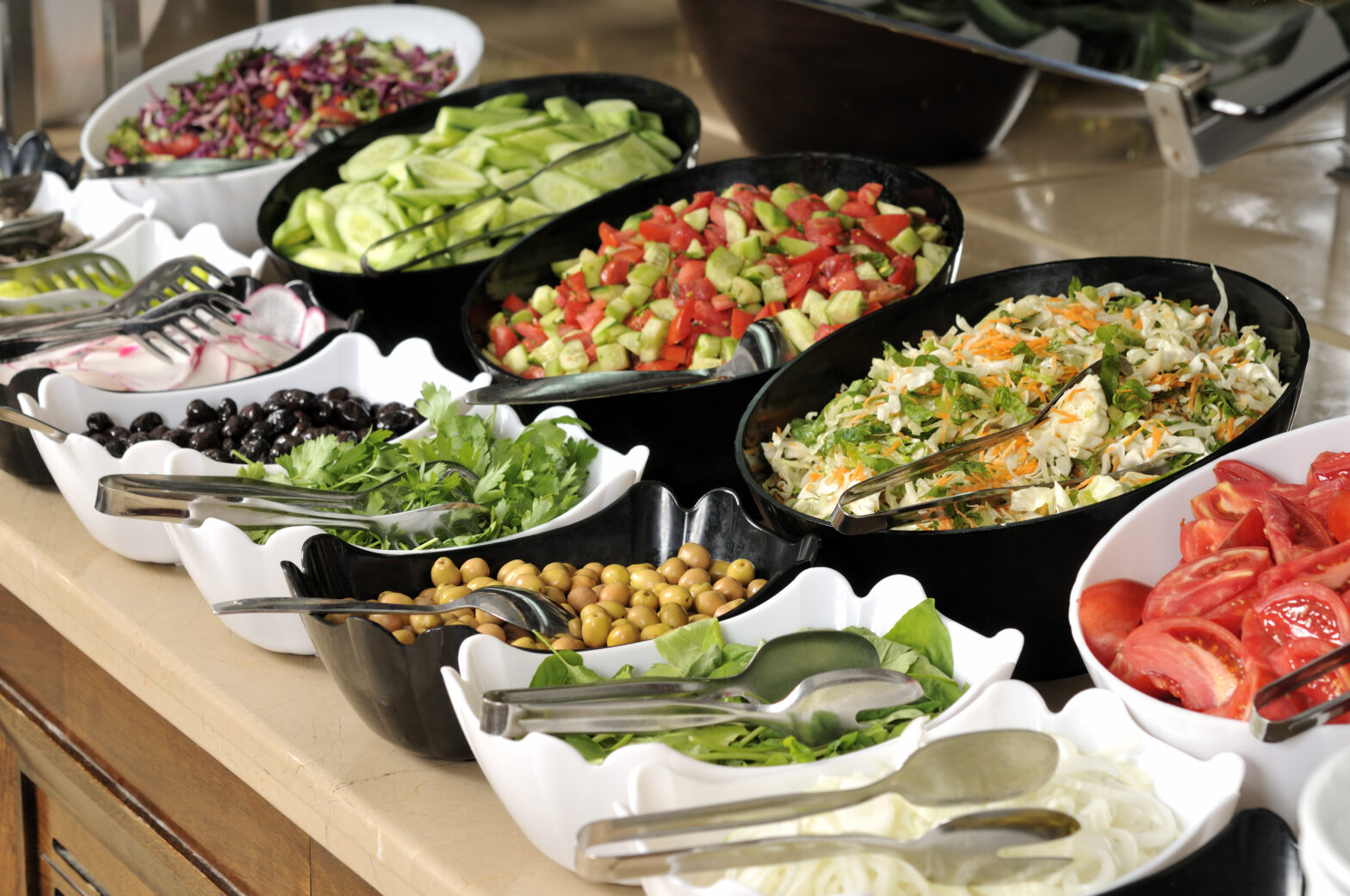Over the last year alone, the growing demise of business culture across many industries and the rise of those affected by mental health issues in the workplace have become major concerns for many companies today. Interestingly, this has taken many businesses by surprise, as historically, culture, productivity and mental health have not been big issues that businesses have talked about or felt they needed to address. However, today it’s a different story and both are fast becoming problems that need serious discussion in today’s pressurised world.
The picture for business culture today doesn’t look pretty but the good news is, much can be done and relatively easily, if companies have the heart and the desire to make change happen but as with any shift in strategy, it does require a change in mindset and that can often become a hurdle in itself.
Food is the lynchpin
Often in business it’s the simple things we miss, the everyday acts of basic community and culture that could in truth, hold the key to unlocking the problems many businesses face today. Something that arguably sits at the heart of business culture and productivity is food. Food cannot only make a difference to business culture, work and productivity levels – it can be the lynchpin. As such, food can also sit at the heart of this ‘change’ but food service itself should not been seen as just a commodity or a cost to a business but also as something that can create support and change.
An expert made an interesting comment recently (one that many of us will have not previously considered): ‘When was the last time you had a great meal served from a tray? – I cannot recall’. The argument is that a tray changes the psychology of the service. We need to create food as a service (but in the wider sense) not just grab and go – if food makes people happy, impacts on health, wellbeing and mood, it needs to mean much more if it is going to have a positive impact on business culture.
How do we solve this problem and give company culture a much-needed boost? We have to raise the bar and stop thinking about food as a retail concept but as a service to people (our people).
Creating more positive work environments
All the statistics tell us that the workplace is not in a healthy place. Productivity is down. One in ten are reportedly suffering from depression. One million extra people should be on anti-depressants than actually are. A colossal 350,000 people resign from their jobs each year and the gig economy (which is not a natural social phenomenon) is hence on the rise. Boards across all businesses are asking where are the leaders of tomorrow and why are they not breaking through? Whether we agree or not, this scenario has been a declining situation for the last decade and the facts are there for all to see.
How do we solve this? We need to create different work environments that are more positive and food is a great place to start because it resonates with everyone. We all need to eat. We can all argue over the reasons as to why culture, productivity and team spirit are diminishing but the hard truth is, they are. Part of the reason is that life is more pressurised and stressful, many of us don’t even take the time to have a proper lunch break anymore and we need to find new ways of elevating that stress; this is just plain logic.
The problem has been growing in parallel with the growth of artificial intelligence and technological innovation. Is this directly connected to the issues businesses face? No, but again logic says there is a connection via culture so the sensible solution must lie in how ‘people’ are managed and nurtured and how issues are solved within businesses.
Support services that nurture people
At the same time, the world has become more politically correct and socially aware, so there is subsequently more personal aggression and alpha behaviours that one can witness both on the streets and in the corporate office environments of daily life.
The logical answer lies in how we support individual ‘people’ in companies today and therefore support services which nurture people, should no longer be seen as simply a cost exercise and a commodity but with real thought so that any money is invested in getting this bit right – from the welcome, to the food offering, to the break out areas, design and even the base culture. It all matters and businesses need to recognise the significance.
Related: The company offering kitchen space for food businesses
Yes investment is needed, but that investment will be returned via increased business (as a result of a stable team, culture, business). Little makes a better impact that a great welcome and little puts one off a business transaction than a reception’s welcome (front of house). If the food offering is good and the design of the restaurant or eating space is relaxed and interesting, rather than a bland old canteen or kitchen, then the spend will increase.
Time for lunch?
The average lunch break is just 27 minutes (and that is for those that take one) but this needs to be longer. If we know people are stressed the challenge is to increase this to at least 45 minutes and up to an hour. At the same time, daily life has changed and food today is most people’s moment of self-reward during the day. It holds greater psychological importance than was previously the case in former times.
It is a touch like the old political argument – there has been enough austerity now. Cost control has been too dominant for too long. Let’s place people back at the heart of business and life and let’s show them that the work environment can be exceptional. Culture should be natural. Great service and culture is about a mind-set but great service and culture will increase productivity and profit and reduce stress and mental illness in turn.
The fact is, every light is flashing and we need to make a change. Companies are starting to wake up to this and they want that change so it is happening. But that change lies in enhanced strategies that quite simply place people at their heart. Never have the words ‘food for thought’ meant more.
Chris Sheppardson is CEO of EP Business in Hospitality.





